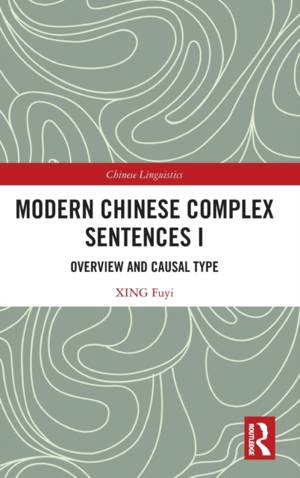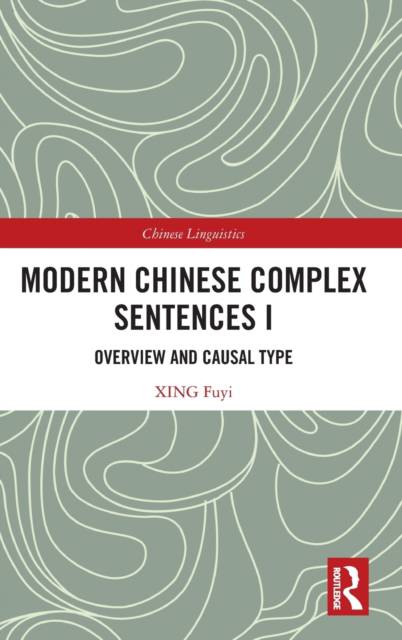
- Retrait gratuit dans votre magasin Club
- 7.000.000 titres dans notre catalogue
- Payer en toute sécurité
- Toujours un magasin près de chez vous
- Retrait gratuit dans votre magasin Club
- 7.000.000 titres dans notre catalogue
- Payer en toute sécurité
- Toujours un magasin près de chez vous
Description
This book is the first of a four-volume set on modern Chinese complex sentences, and is focused on the overall characteristics and the casual complex sentences in the language in particular.
Complex sentences in modern Chinese are unique in information and meaning. The author proposes a tripartite classification of Chinese complex sentences according to the semantic relationships between the clauses, that is, coordinated, causal, and adversative. The first part of this volume defines Chinese complex sentences, introduces the properties, scope, and functions of complex sentence relationship markers, and makes detailed comparisons between the tripartite and dichotomous systems for the classification of complex sentences. The second part thoroughly investigates causal complex sentences in their eight typical forms.
The book will be a useful reference for scholars and learners interested in Chinese grammar and language information processing.
Spécifications
Parties prenantes
- Auteur(s) :
- Editeur:
Contenu
- Nombre de pages :
- 218
- Langue:
- Anglais
- Collection :
Caractéristiques
- EAN:
- 9781032374222
- Date de parution :
- 30-11-22
- Format:
- Livre relié
- Format numérique:
- Genaaid
- Dimensions :
- 156 mm x 234 mm
- Poids :
- 503 g







